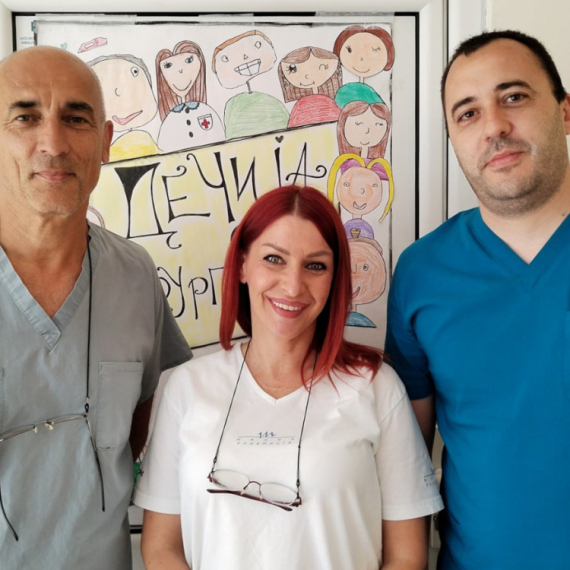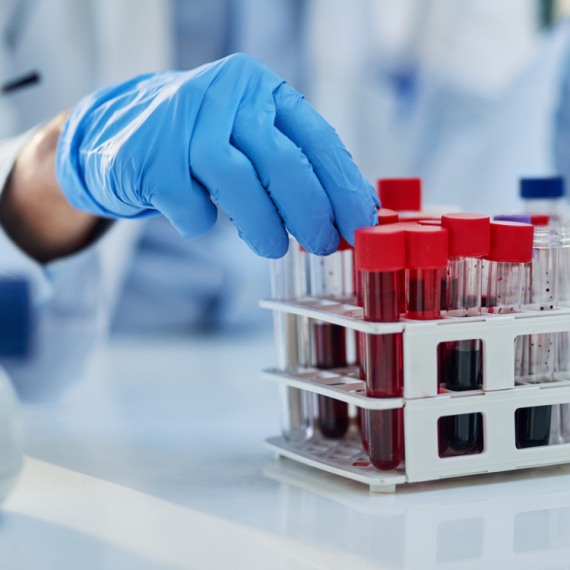Imagine a world where scientists don’t just read our genetic code, but build it from scratch! Yes, you read that right. The SYNHG project, gathering brains from Cambridge, Oxford, Manchester, and other top universities, is embarking on a revolutionary mission – synthetically creating the human genome. The goal? To understand how our DNA works and open the door to a new generation of medical therapies that could treat almost any disease.
But it’s not all simple and controversy-free. While labs are crafting long stretches of human genetic code to be inserted into living cells, ethicists are asking – where’s the line? How do we prevent abuses like revealing a child’s genetic parents without their knowledge? Professor Joy Zhang from Kent is leading research into these ethical dilemmas because, let’s face it, making genomes in a lab isn’t just science; it’s a potential privacy and moral nightmare.
This project isn’t sci-fi – it’s happening now, and the results could change medicine forever. Imagine therapies targeting the genetic roots of diseases or even preventing illnesses before they appear. But are we ready for such power? And how much will it cost us?
If this sounds like a science movie, think again. The future of medicine is here, and it’s synthetic, genetic, and totally wild. So, what do you think – a lifesaver for humanity or the start of genetic madness? Drop a comment and let’s see who’s in and who’s out on this genetic revolution!














































